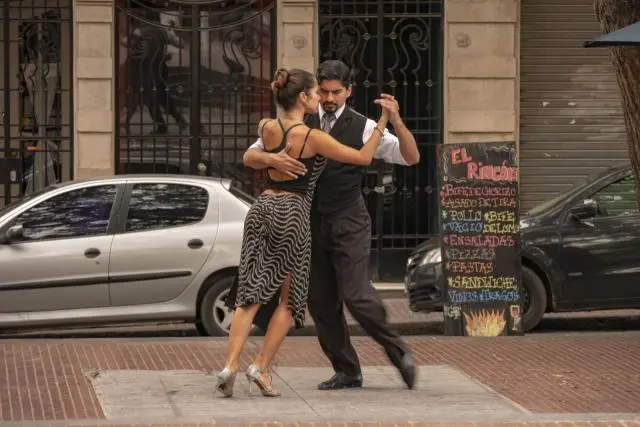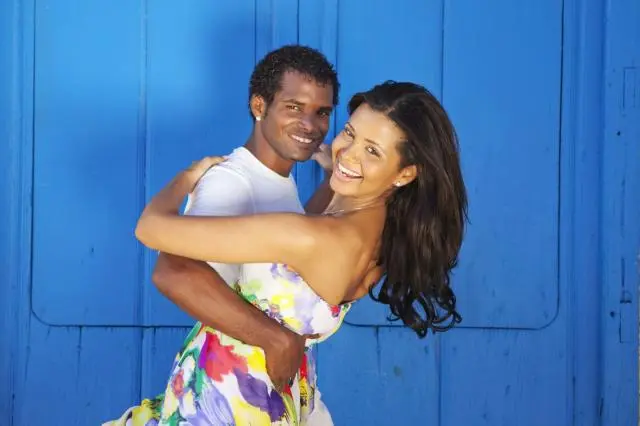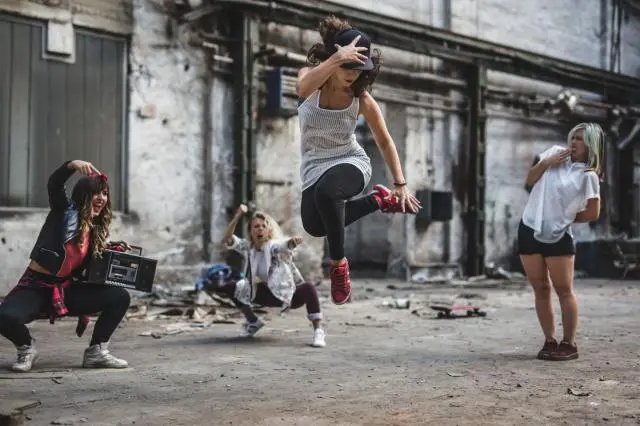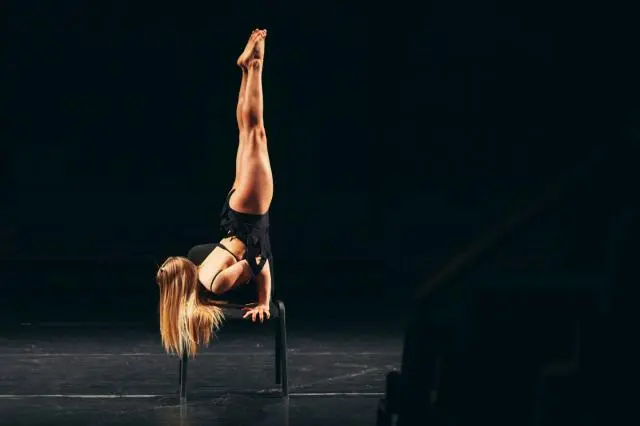Tango Argentino in America
The dance position - close and facing each other
What is Tango Argentino?
Tango Argentino is a passionate and expressive dance that originated in the late 19th century in the slums of Buenos Aires and Montevideo. It combines various cultural influences, including African, European, and indigenous elements. Unlike its Standard Tango counterpart, Tango Argentino is more improvised and intimate, with a strong emphasis on the connection and communication between dance partners.
Tango Argentino is often described as the "dance of the embrace" because the dancers perform in a close embrace, allowing for an intense and emotional connection. The movements are smooth and fluid, yet dynamic and often surprising.
How to Dance Tango Argentino?
Dancing Tango Argentino requires a good understanding of posture, frame, and improvisation. Here are some basic elements to help you dance Tango Argentino:
-
Posture: Stand upright with relaxed shoulders and a lifted chest. Maintain slight tension in your body to support the connection with your partner.
-
Frame: Create a stable frame by holding your arms in a natural and comfortable position. The leader places their right hand on the follower's back, while the follower rests their left hand on the leader's shoulder.
-
Connection: Tango Argentino requires a close connection, where the dancers' upper bodies often lightly touch. This connection allows the dancers to communicate and synchronize their movements.
-
Improvisation: Unlike many other dances, Tango Argentino is highly improvised. This means the leader communicates the movements in real-time, and the follower responds accordingly.
-
Musicality: Pay attention to the music and try to execute your movements in harmony with the rhythm and accents of the tango music.
Basic Steps of Tango Argentino
To learn Tango Argentino, it is essential to master some basic steps:
-
El Paseo (The Walk): A simple step where the partners walk side by side. The leader starts with the left foot, the follower with the right foot.
-
La Cruzada (The Cross): A movement where the follower crosses the right leg over the left leg while the leader steps forward.
-
Ocho (Figure Eight): A series of pivoting movements where the follower traces a figure-eight pattern with their feet. There are forward ochos and backward ochos.
-
Giro (Turn): A turning movement where the follower circles around the leader. The leader executes this movement with small, circular steps.
-
Sacada (Displacement): A technique where the leader displaces the follower's foot with their own to initiate a change of direction.
Top 10 Songs for Tango Argentino
Music plays a central role in Tango Argentino. Here are ten popular tango songs frequently played in Tango Argentino classes and milongas:
- "La Cumparsita" by Carlos Gardel - A classic and essential tango piece.
- "El Choclo" by Ángel Villoldo - A timeless tango melody.
- "Por una Cabeza" by Carlos Gardel - Famous for its passionate melody.
- "Libertango" by Astor Piazzolla - A modern tango piece with a powerful beat.
- "Adiós Muchachos" by Julio César Sanders - A nostalgic tango.
- "Mi Buenos Aires Querido" by Carlos Gardel - Celebrates the spirit of Buenos Aires.
- "Tanguera" by Mariano Mores - A lively and energetic tango.
- "A Media Luz" by Edgardo Donato - A romantic tango.
- "El Día Que Me Quieras" by Carlos Gardel - A soulful tango.
- "Nostalgias" by Juan Carlos Cobián - A soulful and melancholic tango.
Styles of Tango Argentino
Tango Argentino encompasses various dance styles, each with its own characteristics:
- Salon Tango: Known for its elegance and fluid movements. Often danced in social settings.
- Milonguero Tango: A close embrace style with compact steps, ideal for crowded dance floors.
- Tango Nuevo: Incorporates elements of modern dance and emphasizes fluidity and improvisation.
- Canyengue: A traditional style with a close embrace and rhythmic movements, reminiscent of the roots of tango.
History of Tango Argentino
The history of Tango Argentino begins in the late 19th century in the slums of Buenos Aires and Montevideo. Tango emerged from a blend of African, European, and indigenous influences and was initially danced by the working class. Over time, tango gained popularity and spread to the higher social classes and eventually worldwide.
In the 1920s, tango became a sensation in Paris, giving it international recognition. During the "Golden Age" of tango in the 1940s, Tango Argentino experienced a peak in popularity, with many new compositions and choreographies.
Health Benefits
Tango Argentino offers numerous health benefits:
- Physical Fitness: Dancing tango improves cardiovascular health, strength, and flexibility.
- Coordination and Balance: The precise steps and movements enhance coordination and balance.
- Mental Health: Tango reduces stress, improves mood, and provides a sense of accomplishment.
- Social Interaction: Dancing with a partner fosters social connections and improves communication skills.
- Cognitive Function: Learning and remembering dance routines enhances cognitive abilities.
Outfit for Tango Argentino Dance
The right outfit is essential for comfort and ease of movement in Tango Argentino. Here are some tips:
- Comfortable Clothing: Choose clothing that allows free movement, such as a fitted dress or skirt for women and dress pants and a shirt for men.
- Dance Shoes: Wear shoes with a smooth sole for easy pivoting and adequate support. Women often wear heels, while men wear dress shoes.
- Layering: Depending on the dance environment, layering can help you adjust to the temperature.
- Accessories: Keep accessories minimal to avoid any distractions or discomfort while dancing.
Conclusion
Tango Argentino is a captivating and elegant dance form that offers a unique combination of physical, mental, and social benefits. Whether you are a beginner or an experienced dancer, tango provides endless opportunities for personal growth and enjoyment. Find your dance partner on Lets-Dance and start your journey into the passionate world of Tango Argentino.
Enjoy the dance!
Shop
Popular blog posts about dancing
Create your dance profile on Lets-Dance
Register your dance school
Top cities
Top dances



